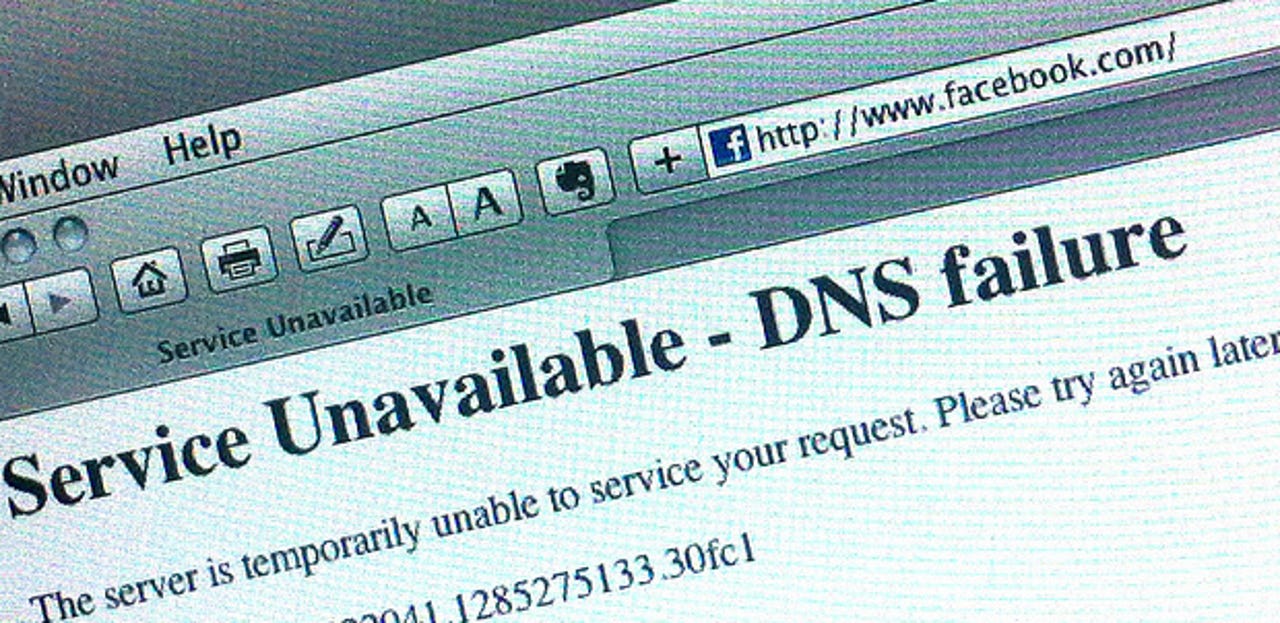British PM 'will never shut down Facebook' during civil unrest

After over a week of rioting earlier this summer, with violence and disorder being spread over social networks like Facebook, Twitter and through BlackBerry Messenger, the three companies were summoned to a meeting with the UK Home Secretary to discuss preventative tactics in the future.
Leading up to that meeting in August, the British prime minister David Cameron had considered 'switching off' social networks amid further rioting, which gripped the capital and other cities around the United Kingdom with violence and widespread looting.
The talks with Facebook, Twitter and Research in Motion -- the BlackBerry maker -- concluded with the British government backing down on plans to ban social media, which seemed to perpetuate the violence. As pointed out at the time, many citizen-inspired recovery and clean-up operations came to fruition as a result of social media also, using social networking sites as a force for good.
But another side to the talks show an interesting perspective of the power that Facebook, as the world's largest social network with over 800 million active users per month, versus one of the most powerful governments in the world.

Joanna Shields, vice-president of Facebook in Europe, ruled out the possibility that the British government would shut off access to the social network, as she spoke to attendees at London's Wired 2011 conference.
According to The Telegraph newspaper, in response to Cameron's plans to shut down Facebook to the general population: "I don't think that is ever going to happen".
She refused to give opinion on whether a government should block access to social media sites or websites in time of crisis, or whether they are used for illegal or criminal means. Shields did say that the working relationship between Facebook and the British government was "very strong", hinting at law enforcement co-operation by stating people misusing the site for criminal activity were, "probably going to get caught".
Foreign Secretary William Hague opposed Cameron's plan to censor social networks amid further civil unrest.
Taking to Twitter to air his views, he said in reply to a follower: "No I don't think we should censor Facebook and social media. I support freedom of expression on [the] internet, just not crime".
Arguably, shutting down Facebook to the entire British population would make the England riots earlier this year look like a walk through the park on a bright, sunny afternoon.
Related:
- CBS News: London riots: Tech's role in the thick of it
- British PM considers turning off social networks amid further riots
- Facebook, Twitter to oppose social media blocks during riots
- Facebook, Twitter, BlackBerry chiefs quizzed by Parliament over riots
- Criminologically speaking: If technology is not to blame for the London riots, what or who is?
- RIM's dilemma: BlackBerry fueled riots put core privacy principles at risk